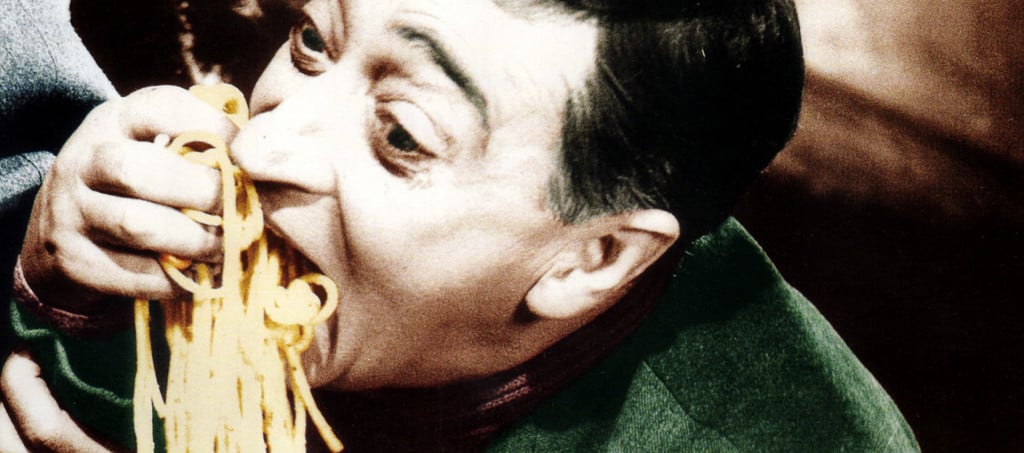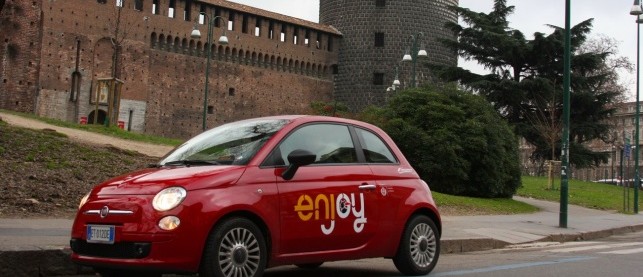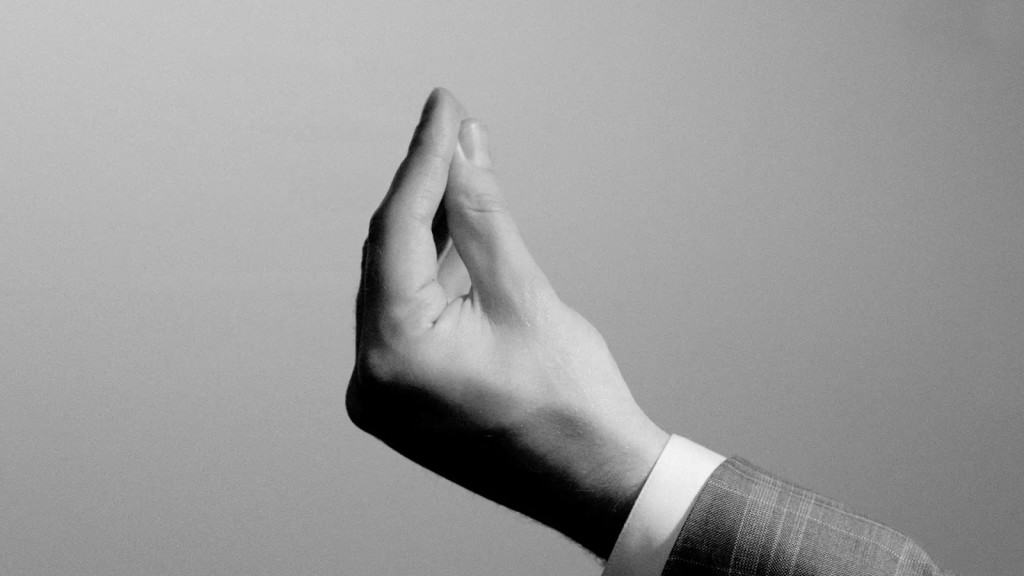Since arriving in Milan, we have made numerous observations on everyday life in the city, and how they compare to that which we’re used to in England. The few which we will discuss here all begin with the letter E.
1. Epicuriousness
We’re not sure as to whether this word actually exists in the dictionary – if not, then it should do, as it perfectly describes the attitude towards food to which we have borne witness here on a daily basis.
Catholicism aside, today Food is undoubtedly Italy’s main religion, with Eataly at the commercial hub of this culinary cult. Take any given Saturday in Milan and you’d be unlikely not to find Eataly Milano Smeraldo on Piazza XXV Aprile packed with believers paying homage to the optimum wines, meats and cheeses, and engaging in heated debates on the subject of food. It has been said that while Italians don’t “small talk” like the English, the fact remains that years of “small talking” about what’s being tasted or will be tasted has led to a nation of fundamentally food-knowledgeable and epicurious people.
With the Real Junk Food Project[1] among the few currently attempting to import a similar food appreciation philosophy into the UK – where everybody is not only aware of their food’s origin and journey from seed to mouth, but also appreciates the time and work involved for food to arrive on their plate – it is certainly not a cliché that as a nation, Italians are leaps and bounds ahead of the Brits when it comes to not only being truly engaged and interested in Food, but also knowing how to taste and appreciate it. It is therefore doubtful that the renowned Italian ‘aperitivo’ experience would have wide success in the UK at present, as it requires what Italy has in the form of a continuous flow of customers who know how to enjoy and consume in moderation and vendors who take pride in their food, offered at a modest price, whilst still allowing for businesses to generate profits. Food philosophies similar to Smith’s are, however, gradually emerging throughout the UK and are being further prompted by reports on waste-food supermarkets in Denmark[2] and the banning of supermarket food waste in other EU countries such as France[3] and more recently, Italy[4]. With the British attitude to Food slowly changing, the secret will then be making such an ‘aperitivo’ concept enjoyable and affordable for both parties. Something which Italy mastered long ago.
2. Enjoy
To a Milan newcomer means “to appreciate” or “to delight in”. To a local, it means a car and scooter sharing service run by Eni with Fiat cars and enjoyed by everyone with a driving license. It’s as easy as downloading the app, signing up (with your ID, Driving License and Visa/Mastercard) for FREE and finding your nearest car. At only 25 cents per minute, it’s a much cheaper alternative for those without a car, providing that the driver’s over the age and under the limit.
A similar alternative exists in a small number of southern major cities in the UK in the form of Zipcar, however, there is a monthly or annual subscription fee, meaning that you are obliged to pay, even if you choose not to use it frequently. “Enjoy” would undoubtedly be welcome in the UK and could perhaps make use of the Midlands-based Jaguar Land Rover in the same way as Fiat here in Italy.
In keeping with the car-topic, visiting friends of ours have all (unsurprisingly) commented on the Milanese’s choice to ignore any form of parking rule, as well as the fear instilled in pedestrians when attempting to cross a road – an everyday activity which can be approached in 2 ways: (1) Walking and hoping that the car speeding towards you slows down in time for you to reach the other side; (2) Waiting patiently on the edge of the pavement until a gap in the traffic appears and you feel that it is safe to cross. The latter could, however, mean that it takes an entire afternoon to cross a single road. In the UK, it is common courtesy (not to mention legally required) that cars slow down and stop at a Zebra crossing, always giving pedestrians the right of way – forget speeding up and hoping that vehicle-less people hesitate, waiting on the sidelines.
3. Eh-tiquette
Concluding our triple observation on life in Italy’s northern capital is our final E, dealing with generally accepted behaviours, manners and social interaction, or more specifically, Etiquette. Upon arriving in Milan, the initial briskness of the highly versatile, widely – and often rather loudly – expressed two-letter word: “EH” often came as a surprise to our reserved British ears. However, after some getting used to, we found ourselves adopting this article into our everyday vocabulary, to the point that it’s started to creep into conversations in English.
When trying to define the term “eh”, context matters. It can be used for expressing astonishment, despair, resignation or reprimand, all depending on the tone of voice. It can also be used as an interrogative article, either as a request for affirmation to a question, such as bella giornata, eh? [nice day, isn’t it?], or even as come? [what?] or perhaps more accurately: “huh?”[5].
While we were taught that saying “huh?” when we didn’t catch what had been said was to be avoided in favour of a politer “pardon?” or a standard British apologetic (more on this later): “sorry, what was that?”, in Milan these rules just don’t apply. Here, it is perfectly commonplace to reply to a colleague with “eh?”, and that’s even if you did hear what they said.
Other behavioural habits we noticed when roaming the streets of Milan include having heated arguments over the phone whilst on public transport – something we would normally reserve for private. In Milan, it’s not abnormal to hear all the ins and outs of someone’s private affairs being aired at full volume on the tram.
As children, we were often reprimanded for referring to someone as “she” in front of whoever you’re talking about. My Grandma would even go as far as to use the well-worn phrase, “Who’s she, the cat’s mother!?” to make her point about how rude it is to refer to someone by anything other than their name. Once again, this rule does not apply to Italian etiquette, where talking about “lei” [she] while she’s present is not in any way rude.
Perhaps the differences in what we perceive as rudeness all come down to what we’ve dubbed the “Great British Apology”, that is, our propensity to say sorry for everything. From being bumped into in the street and apologising to the person who bumped into us, to starting a conversation with someone with “sorry…”. Even when we get angry, many of us are in the habit of excusing our rage with a not-so-sarcastic “sorry, but [insert rant here]”. Apologising plays an integral role in our culture and behavior, something that is very different to the Italian way.
[1] See Business Founder Adam Smith’s TedTalk here – https://www.youtube.com/watch?v=HcwCt_8pXb4
[2] https://www.independent.co.uk/news/world/europe/denmark-food-waste-supermarket-we-food-copenhagen-surplus-produce-a6890621.html
[3] https://www.theguardian.com/world/2016/feb/04/french-law-forbids-food-waste-by-supermarkets
[4] https://www.independent.co.uk/news/world/europe/italy-food-waste-law-supermarkets-a6931681.html
[5] https://dizionari.corriere.it/dizionario_italiano/E/eh.shtml




